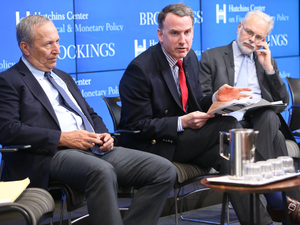Rideshare Drivers Are Finally Getting the Union Power They Deserve

Photo by trendingtopics | License
California is taking bold steps to empower workers in the gig economy, and rideshare drivers are the latest beneficiaries of groundbreaking labor protections. Governor Gavin Newsom has signed landmark legislation that will provide over 800,000 rideshare drivers with the legal right to unionize, marking a significant victory for workers’ rights in an era of increasing economic uncertainty.
The new law, Assembly Bill 1340, introduces a critical pathway for drivers to collectively bargain for better wages, benefits, and working conditions. This legislation stands in stark contrast to federal policies that have consistently undermined worker protections. By giving drivers a seat at the negotiating table, California is setting a precedent for how the gig economy can prioritize worker dignity.
Assemblymember Buffy Wicks from Oakland highlighted the importance of this legislation, emphasizing that drivers have long been denied meaningful input into their own working conditions. The bill represents more than just a legal victory; it’s a statement about valuing the workers who keep our transportation systems running.
The timing of this legislation is particularly significant. While federal policies have been rolling back worker protections, California is demonstrating a commitment to economic fairness. Tia Orr from SEIU California pointed out that empowering workers creates shared prosperity, not just for individuals but for entire communities.
For rideshare drivers, this means more than just potential wage increases. It represents a fundamental shift in how their labor is perceived and valued. No longer will they be viewed as disposable workers in a rapidly changing economic landscape, but as essential contributors deserving of respect and fair treatment.
This legislative move could have ripple effects beyond California, potentially inspiring similar protections in other states. It sends a powerful message that workers in the gig economy deserve the same rights and protections as workers in more traditional employment sectors.
As the future of work continues to evolve, California is proving that progressive policy can create meaningful change, putting workers’ rights at the forefront of economic development.
AUTHOR: mls
SOURCE: gov.ca.gov





















































